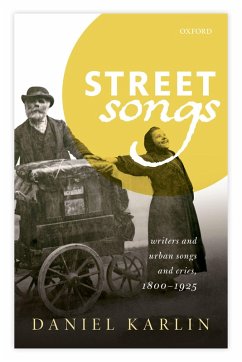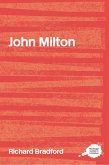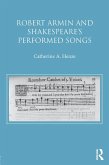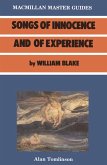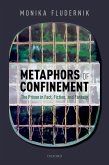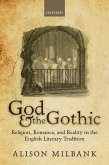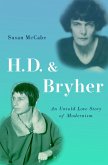This book, based on the Clarendon Lectures for 2016, is about the use made by poets and novelists of street songs and cries. Karlin begins with the London street-vendor's cry of 'Cherry-ripe!', as it occurs in poems from the sixteenth to the twentieth century: the 'Cries of London' (and Paris) exemplify the fascination of this urban art to writers of every period. Focusing on nineteenth and early twentieth century writers, the book traces the theme in works by William Wordsworth, Elizabeth Barrett Browning, Robert Browning, Walt Whitman, George Gissing, James Joyce, Virginia Woolf, and Marcel Proust. As well as street-cries, these writers incorporate ballads, folk songs, religious and political songs, and songs of their own invention into crucial scenes, and the singers themselves range from a one-legged beggar in Dublin to a famous painter in fifteenth-century Florence. The book concludes with the beautiful and unlikely 'song' of a knife-grinder's wheel. Throughout the book Karlin emphasizes the rich complexity of his subject. The street singer may be figured as an urban Orpheus, enchanting the crowd and possessed of magical powers of healing and redemption; but the barbaric din of the modern city is never far away, and the poet who identifies with Orpheus may also dread his fate. And the fugitive, transient nature of song offers writers a challenge to their more structured art. Overheard in fragments, teasing, ungraspable, the street song may be 'captured' by a literary work but is never, finally, tamed.
Dieser Download kann aus rechtlichen Gründen nur mit Rechnungsadresse in A, B, BG, CY, CZ, D, DK, EW, E, FIN, F, GR, HR, H, IRL, I, LT, L, LR, M, NL, PL, P, R, S, SLO, SK ausgeliefert werden.

